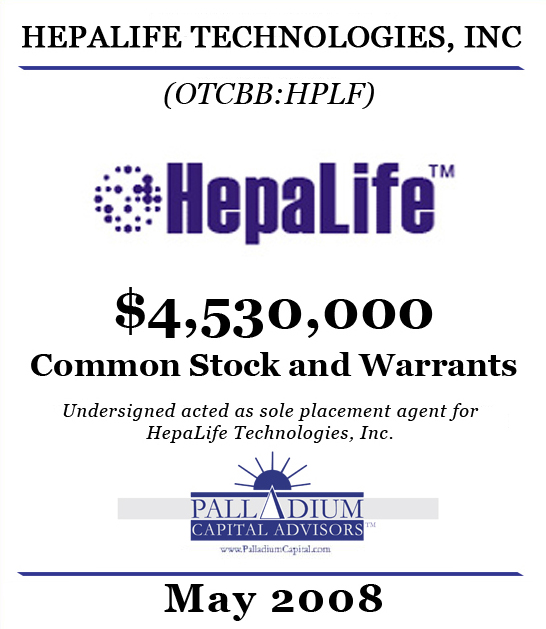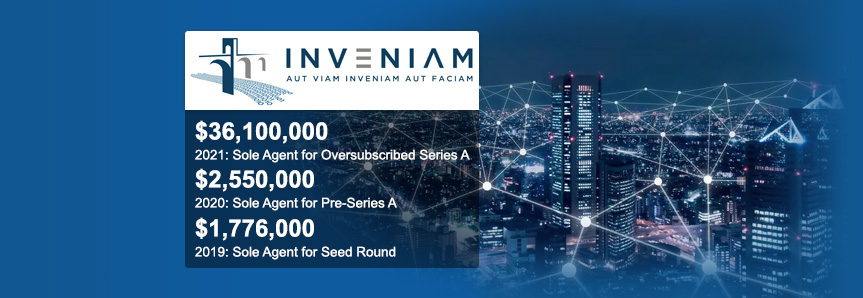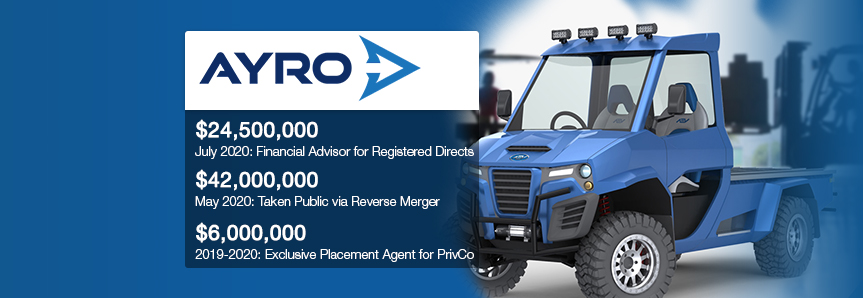Investment Bank
M&A, Private Equity & LP Equity for CRE
Palladium Capital Advisors Completes a $4,500,000 Placement for HepaLife Technologies, Inc
 On May 28, 2008 HepaLife Technologies Inc., developing the first-of-its-kind bioartificial liver device intended for the treatment of liver failure, announced that the Company has completed a Private Placement of its securities consisting of shares and warrants to institutional and accredited investors for aggregate gross proceeds of approximately $4,530,000. Palladium Capital Advisors, LLC, a FINRA/SIPC member firm, acted as placement agent.
On May 28, 2008 HepaLife Technologies Inc., developing the first-of-its-kind bioartificial liver device intended for the treatment of liver failure, announced that the Company has completed a Private Placement of its securities consisting of shares and warrants to institutional and accredited investors for aggregate gross proceeds of approximately $4,530,000. Palladium Capital Advisors, LLC, a FINRA/SIPC member firm, acted as placement agent.
“We are grateful to the Palladium Capital Advisors for their investment banking services,” stated Mr. Frank Menzler, President and CEO of HepaLife. “The additional capital provided by this financing, as well as our strengthened financial position as a result of Mr. Rayat’s conversion of his loan and reduction of the unpaid interest, will enable us to aggressively pursue the continued research and development of our flagship technology, the first-of-its-kind artificial liver device.”
The Private Placement consisted of 10,660,705 units, each unit consisting of one share of the Company’s common stock and one two-year stock purchase warrant to purchase an additional share of stock at a price of $0.55 per share (Series C Warrants). The unit price was $0.425.
The Company intends to use net proceeds from the Private Placement for general corporate purposes. To the extent that the warrants are exercised, HepaLife could receive an additional maximum amount of approximately $5,863,000, the proceeds of which, if any, will be used for working capital purposes.
With the completion of the Private Placement, the Company and Mr. Harmel S. Rayat, the Company’s Chief Financial Officer, Director and Controlling Shareholder, entered into an agreement pursuant to which Mr.
Rayat has converted the entire outstanding principal amount ($877,800) of his loan to the Company into an aggregate of 2,065,412 Units, each Unit consisting of one share of the Company’s common stock and one Series C Warrant, at a conversion price of $0.425 per Unit. Mr. Rayat has further agreed to accept $150,000 in full payment and satisfaction of the accrued and unpaid interest on the Loan in the amount of $249,945. The securities issued to Mr. Rayat are “restricted securities.”
Intended for the treatment of liver failure, the HepaLife™ Bioartificial Liver device consists of three basic components: (1) a plasma filter, separating the patient’s blood into blood plasma and blood cells; (2) the bioreactor, a unit filled with the patented PICM-19 liver stem cell line which biologically mimics the liver’s function; and (3), the HepaDrive™, a perfusion system for pumping the patient’s plasma through the bioreactor while controlling gas supply and temperature for best possible performance of the cells.
ABOUT PALLADIUM CAPITAL ADVISORS, LLC
Palladium Capital Advisors, LLC, is a leading investment bank and brokerage firm dedicated to providing premier investment banking services to emerging growth companies and raising assets for top-tier hedge funds. The firm’s banking professionals each have, on average, more than 20 years of experience, and specialize in Private Investments in Public Equity (“PIPEs”), reverse mergers, public and private mergers and acquisitions, and corporate recapitalizations and restructurings, among other services.
ABOUT HEPALIFE TECHNOLOGIES, INC.
Based in Boston, Massachusetts, HepaLife Technologies, Inc. is a developer of cell-based medical technologies addressing prevalent human health concerns.
HepaLife is developing the first-of-its-kind bioartificial liver device for acute liver failure using the Company’s patented PICM-19 liver stem cell line. The HepaLife™ bioartificial liver, currently under development, is designed to serve as a supportive device, either allowing the liver to regenerate upon acute liver failure, or to bridge the patient’s liver functions until a transplant is available.
Utilizing its patented liver stem cell line PICM-19, HepaLife is designing testing platforms to improve the pharmaceutical industry’s capability to evaluate drug toxicity and possible side-effects before pharmaceutical compounds are commercially distributed.






